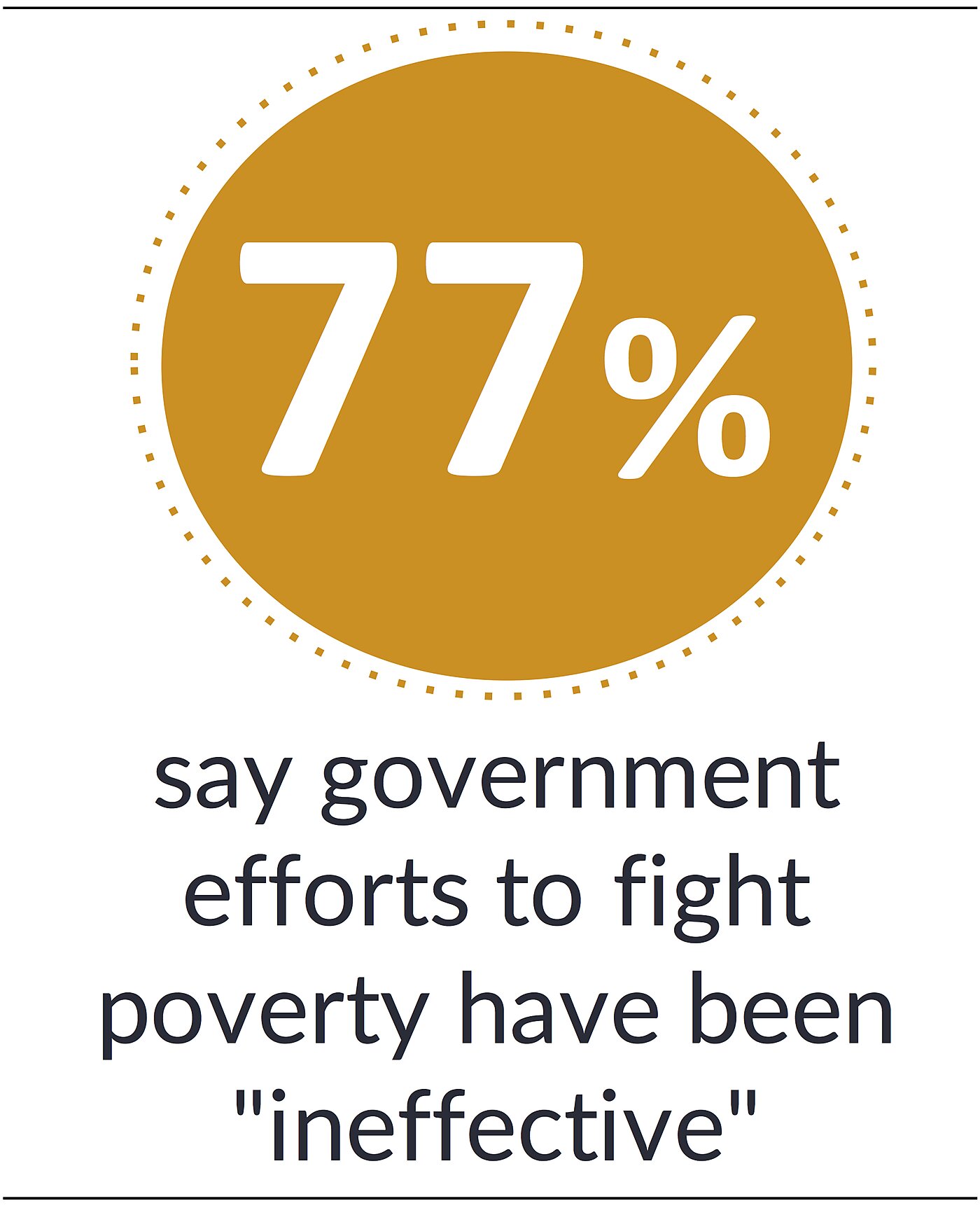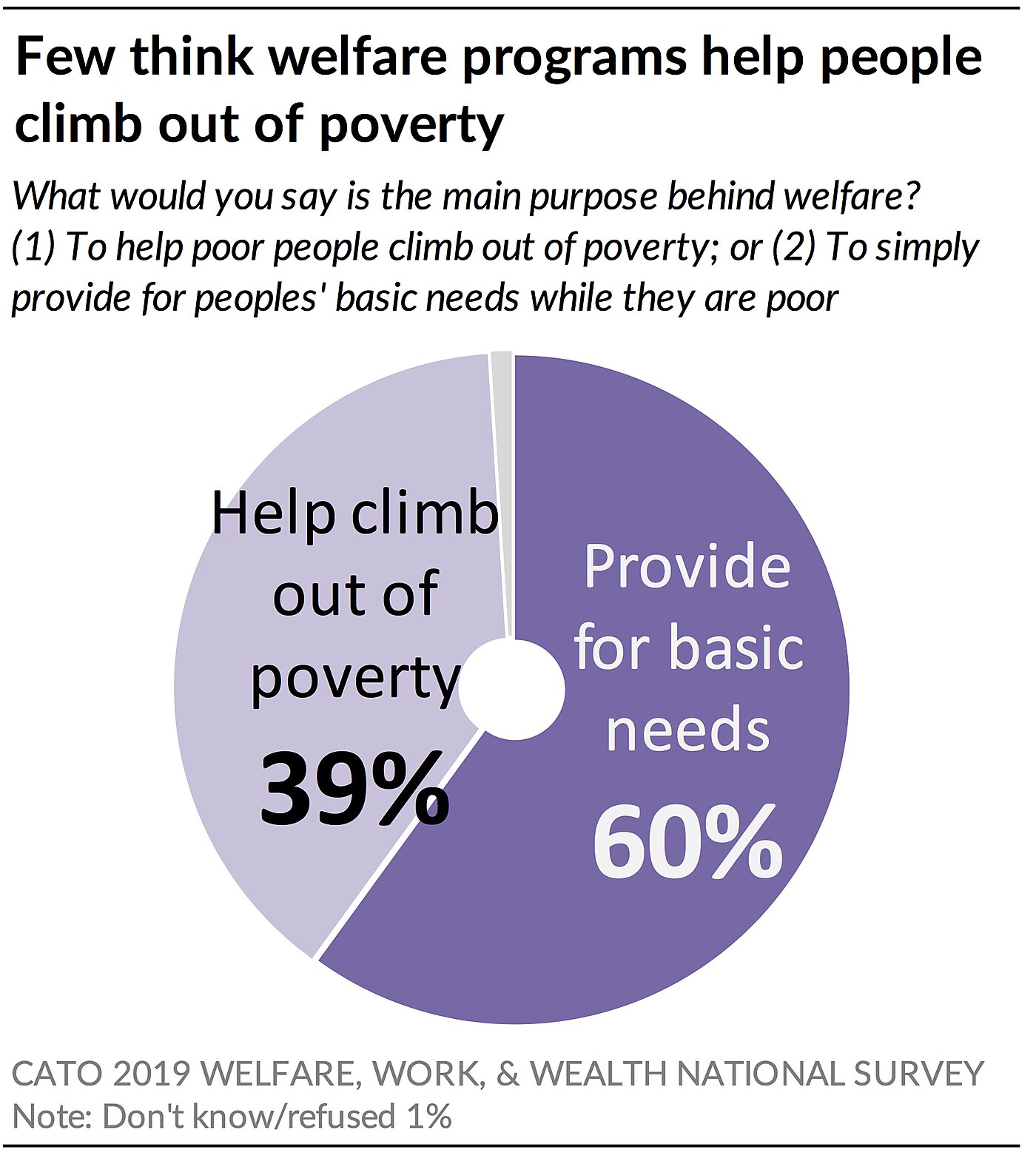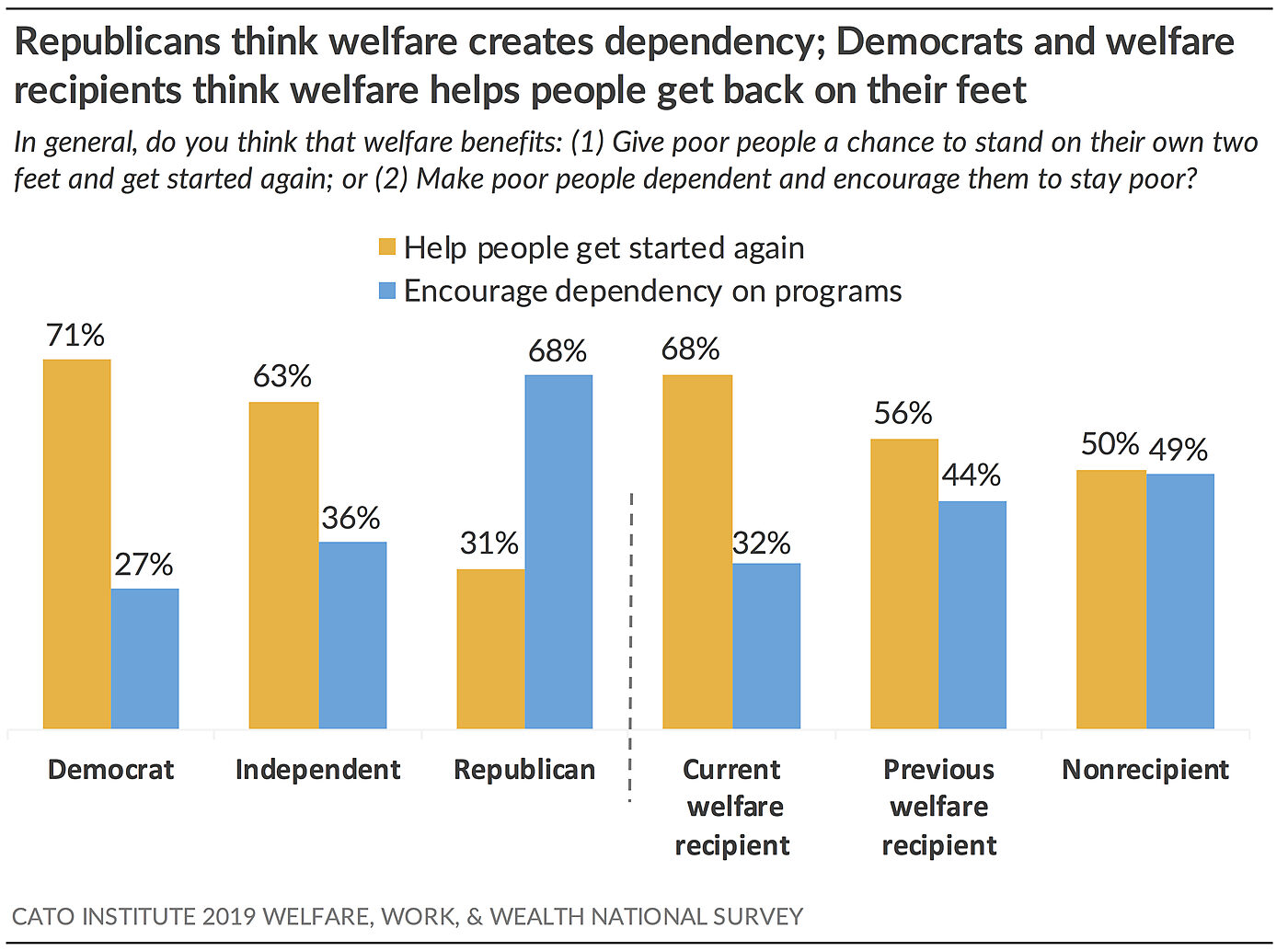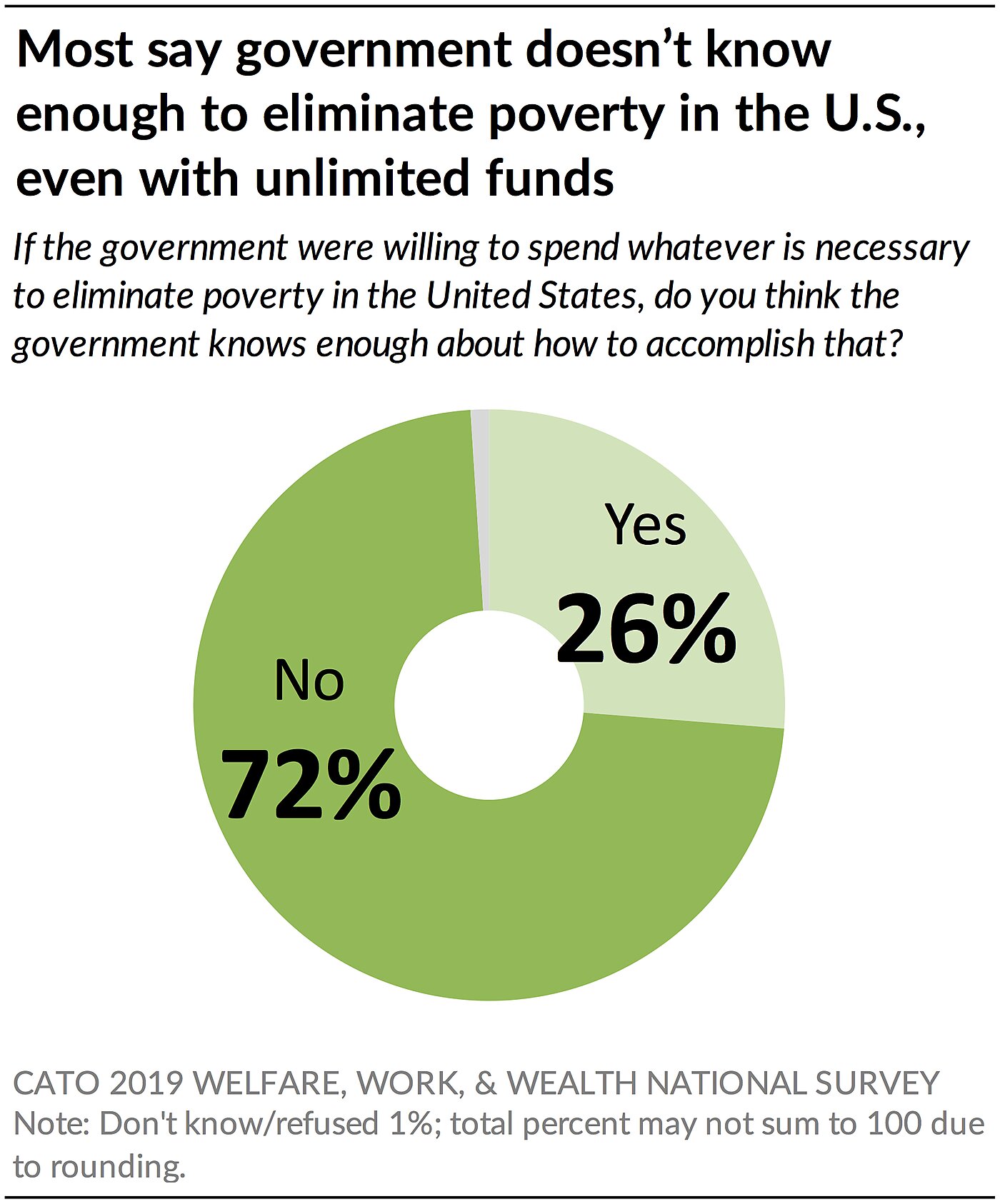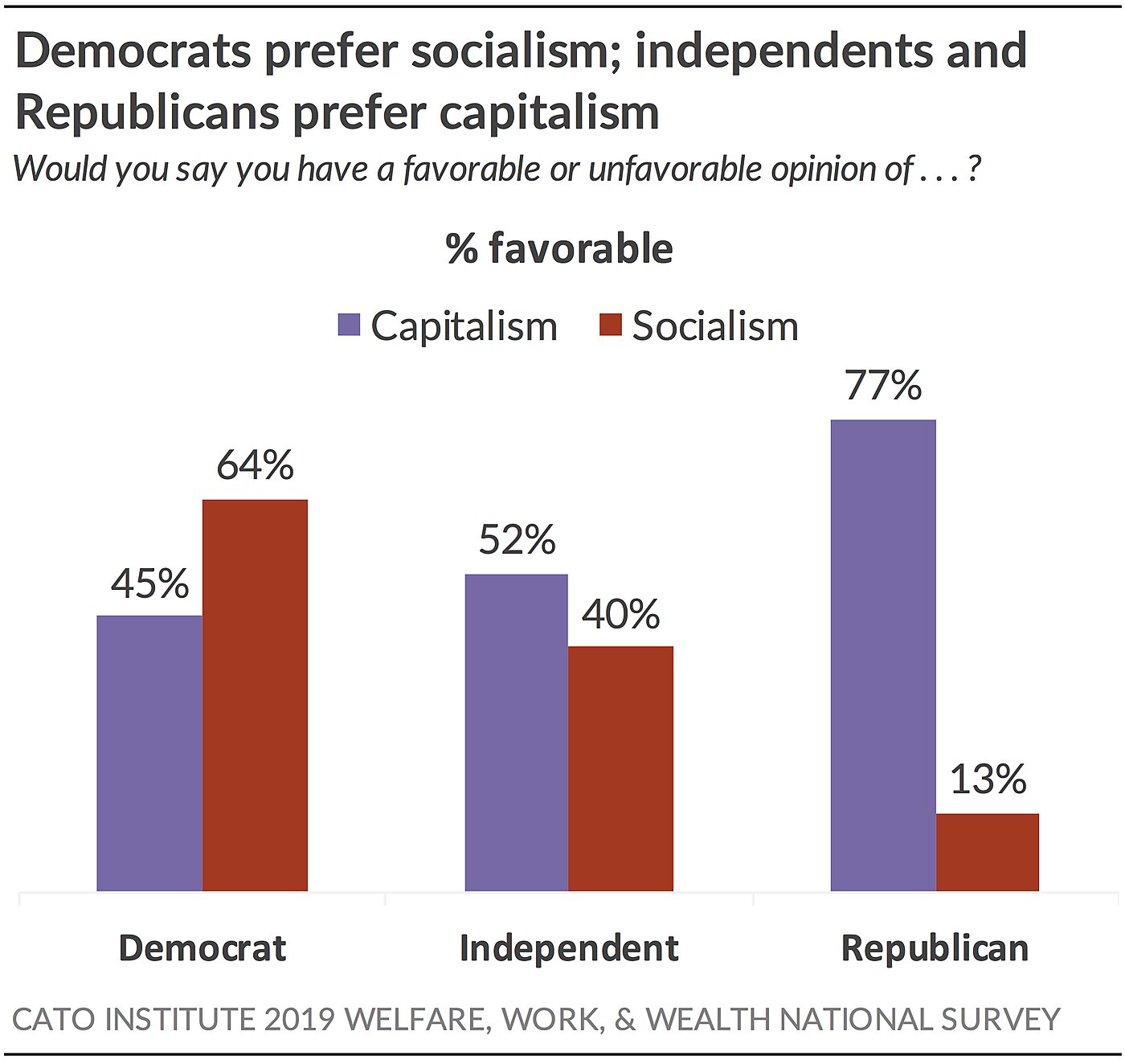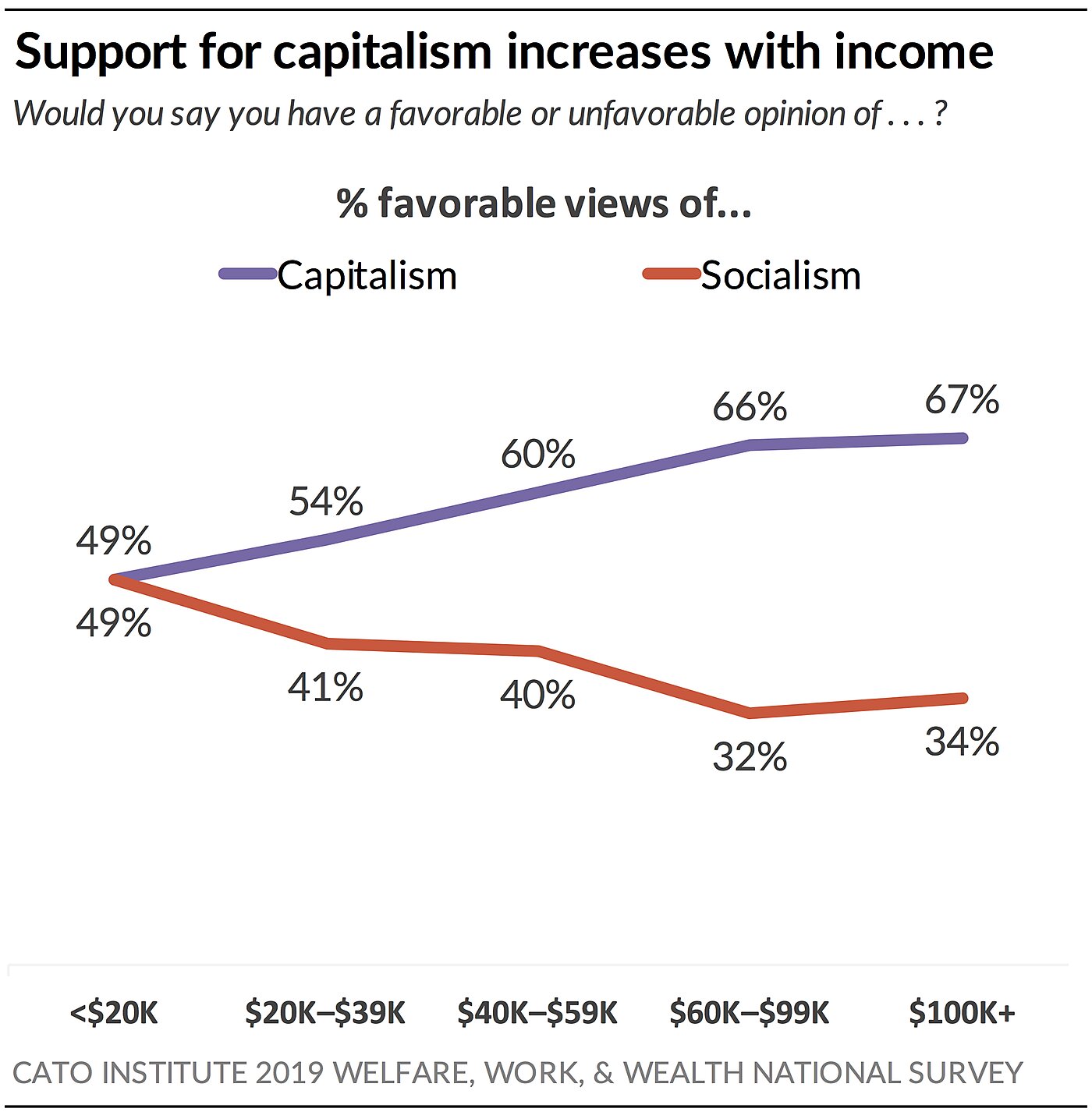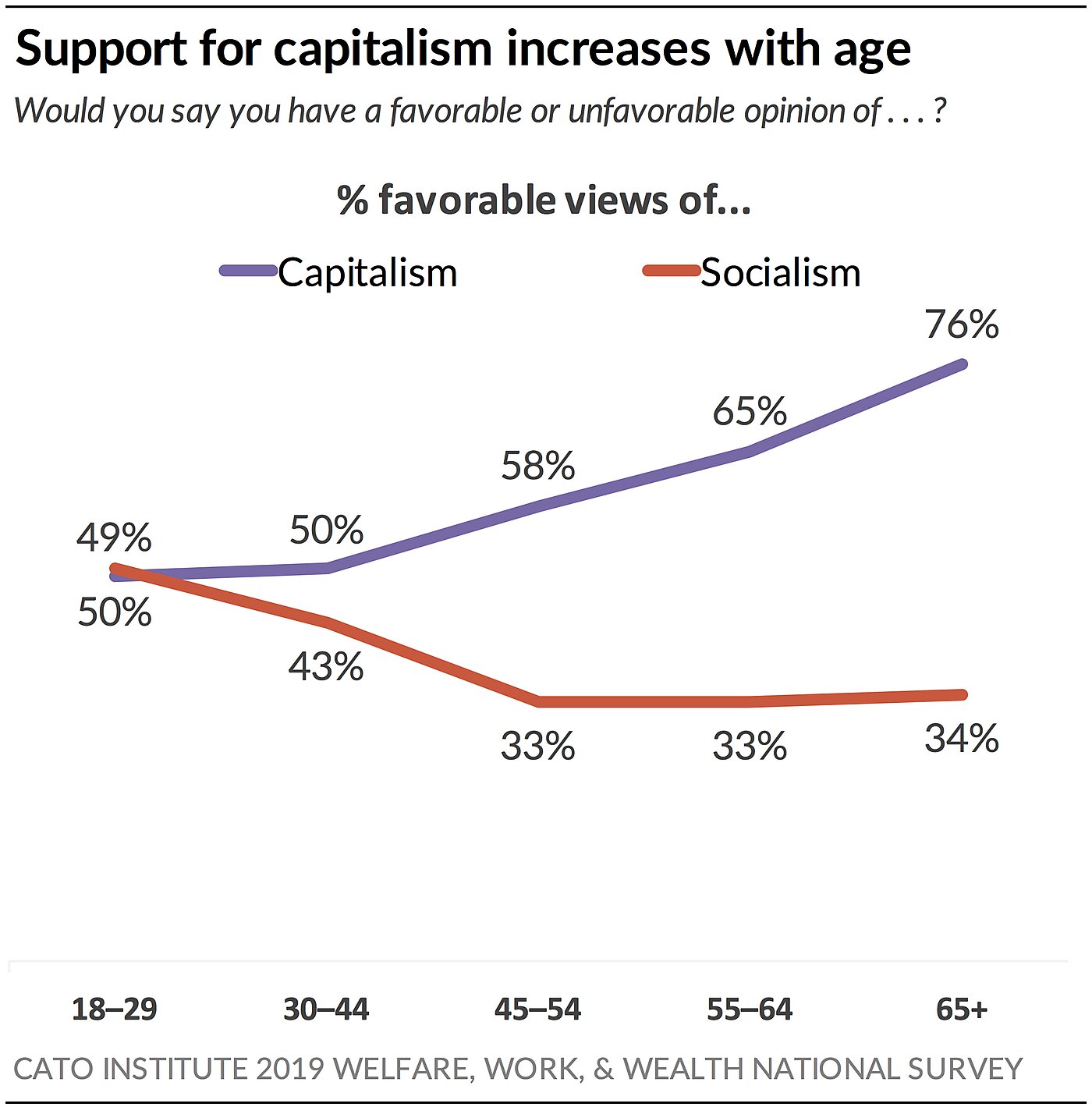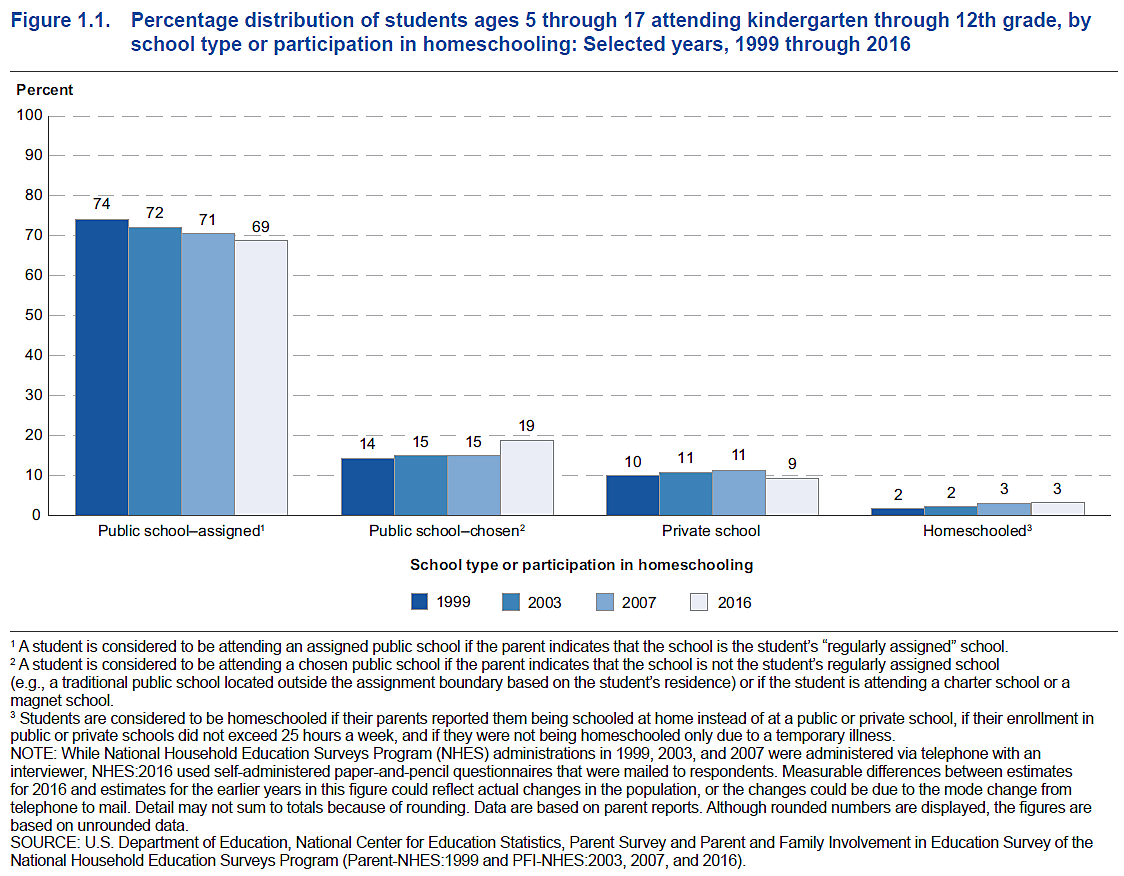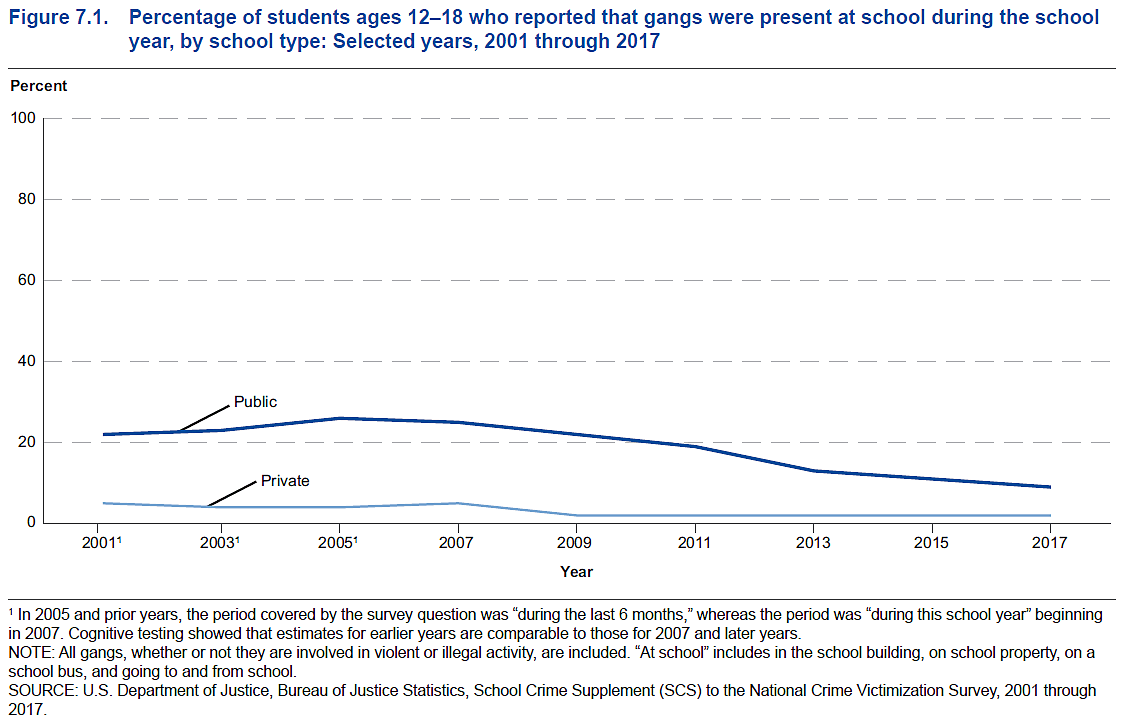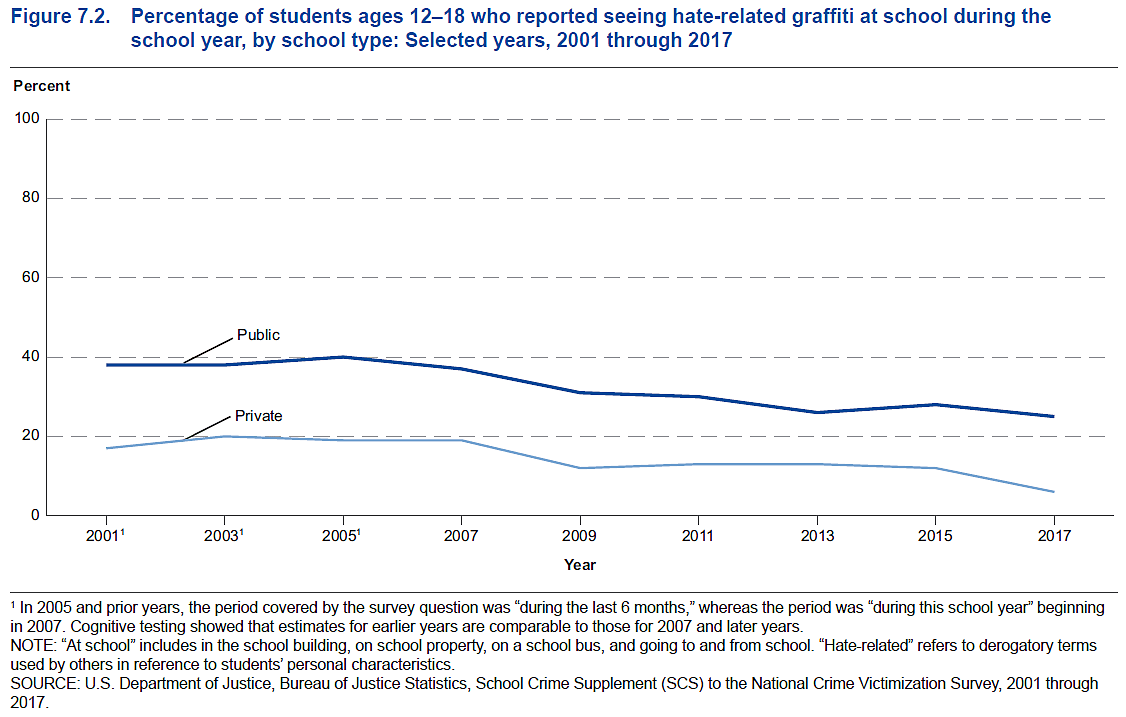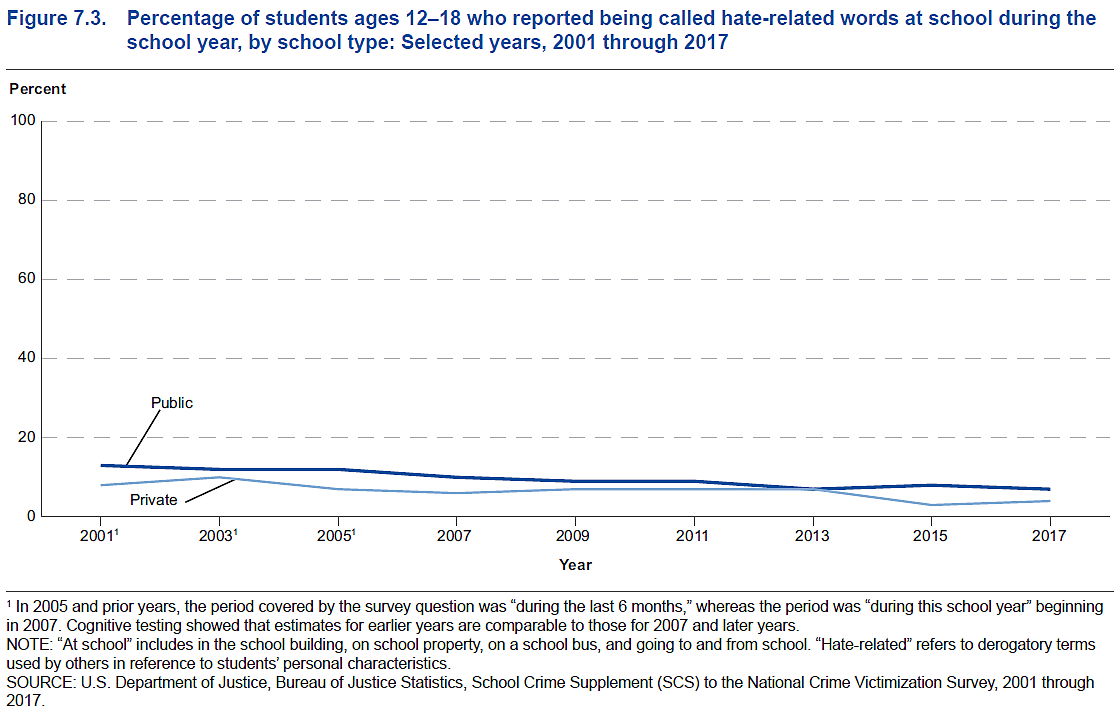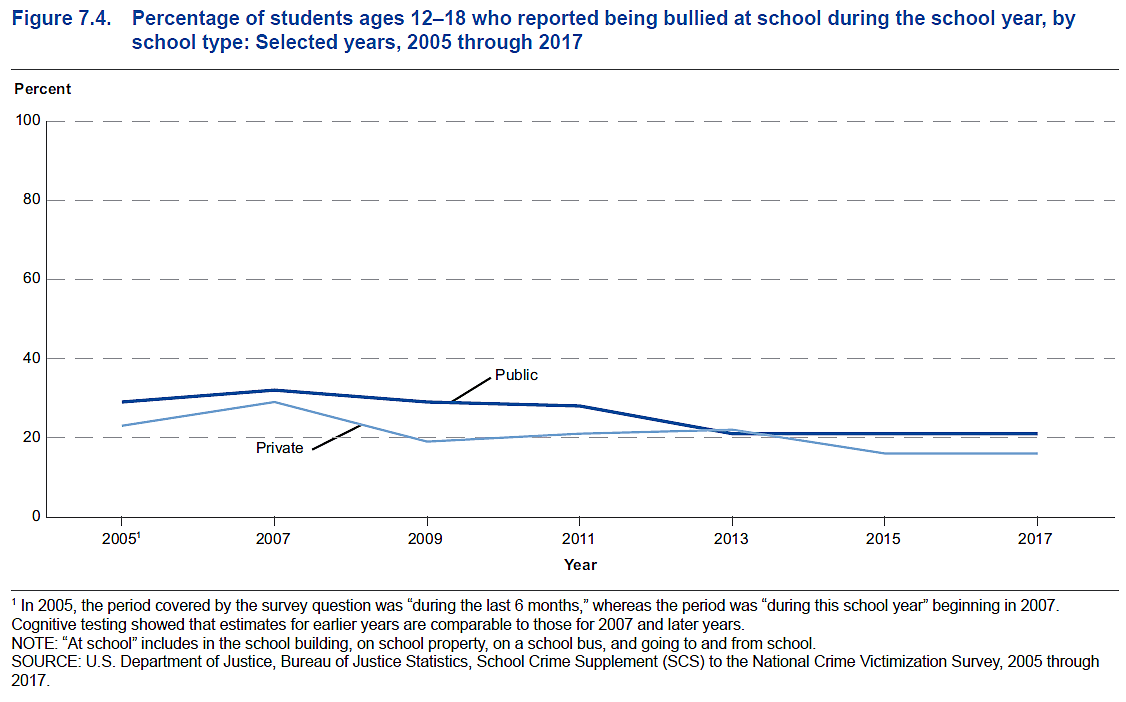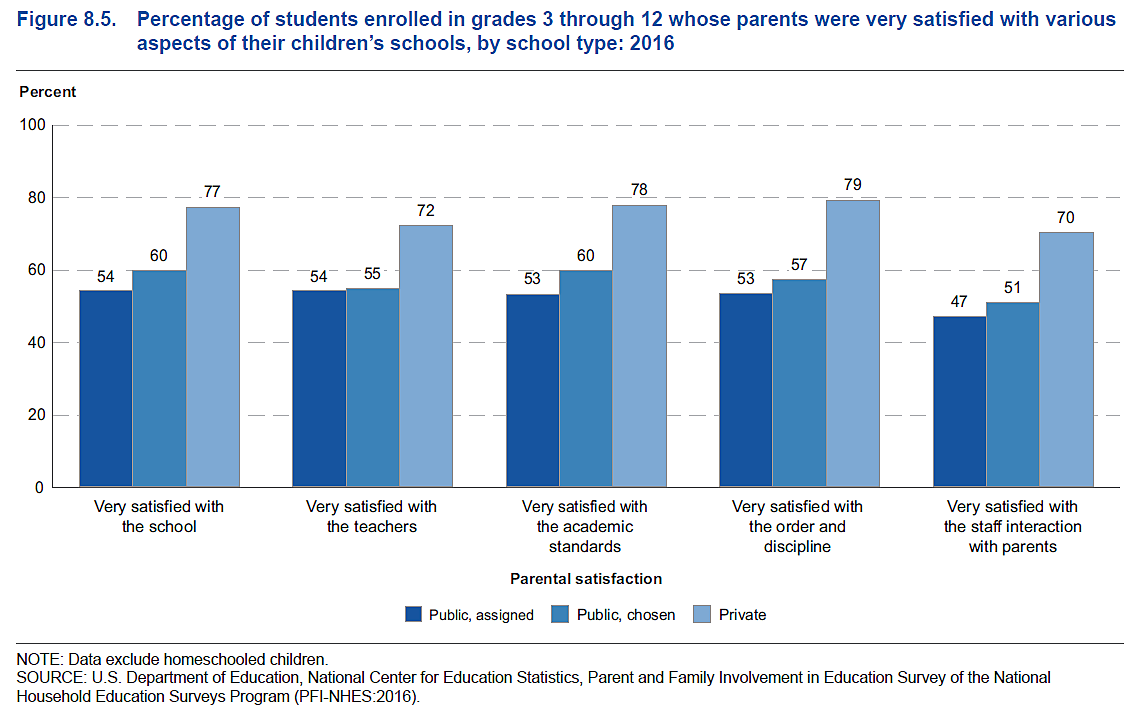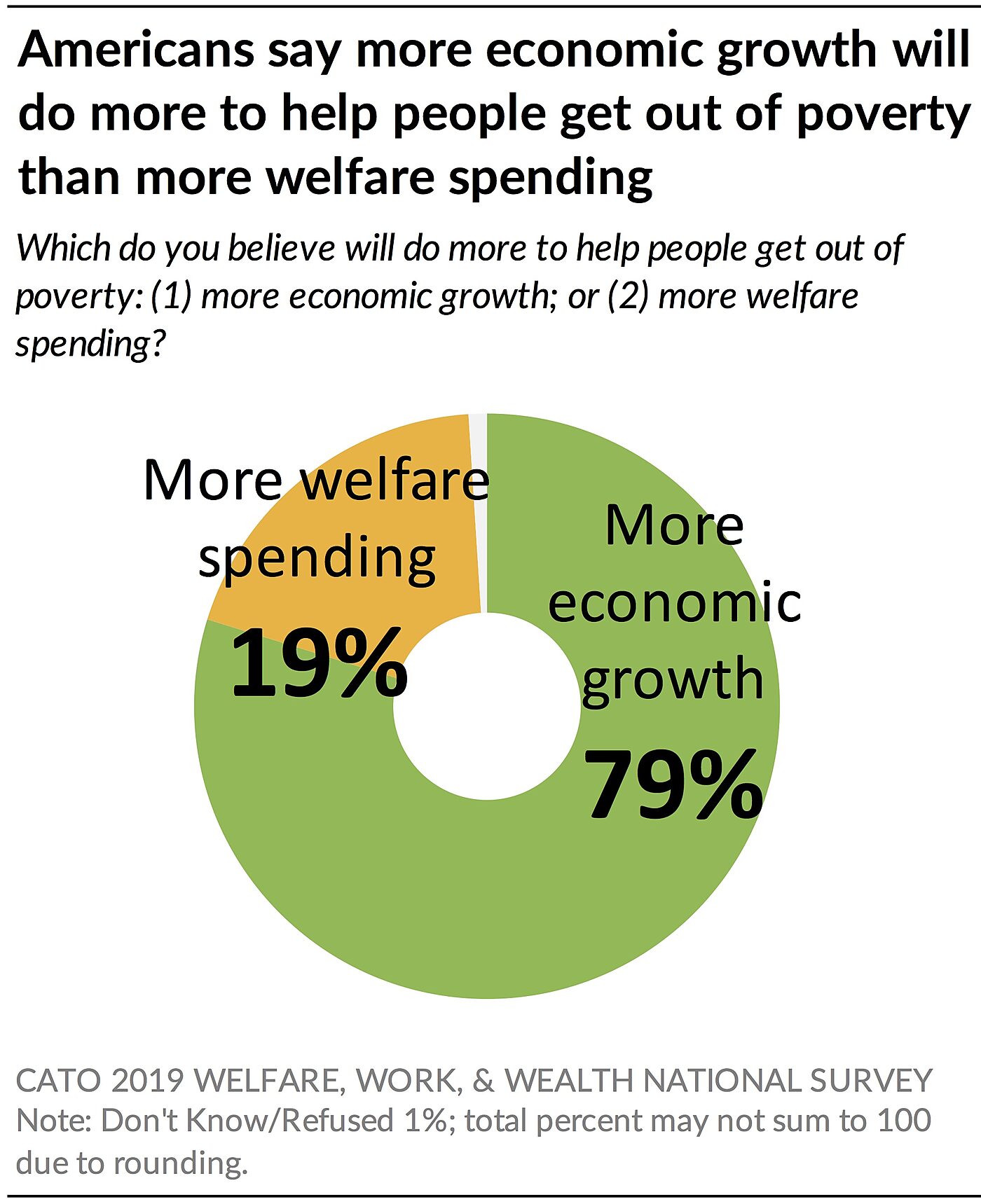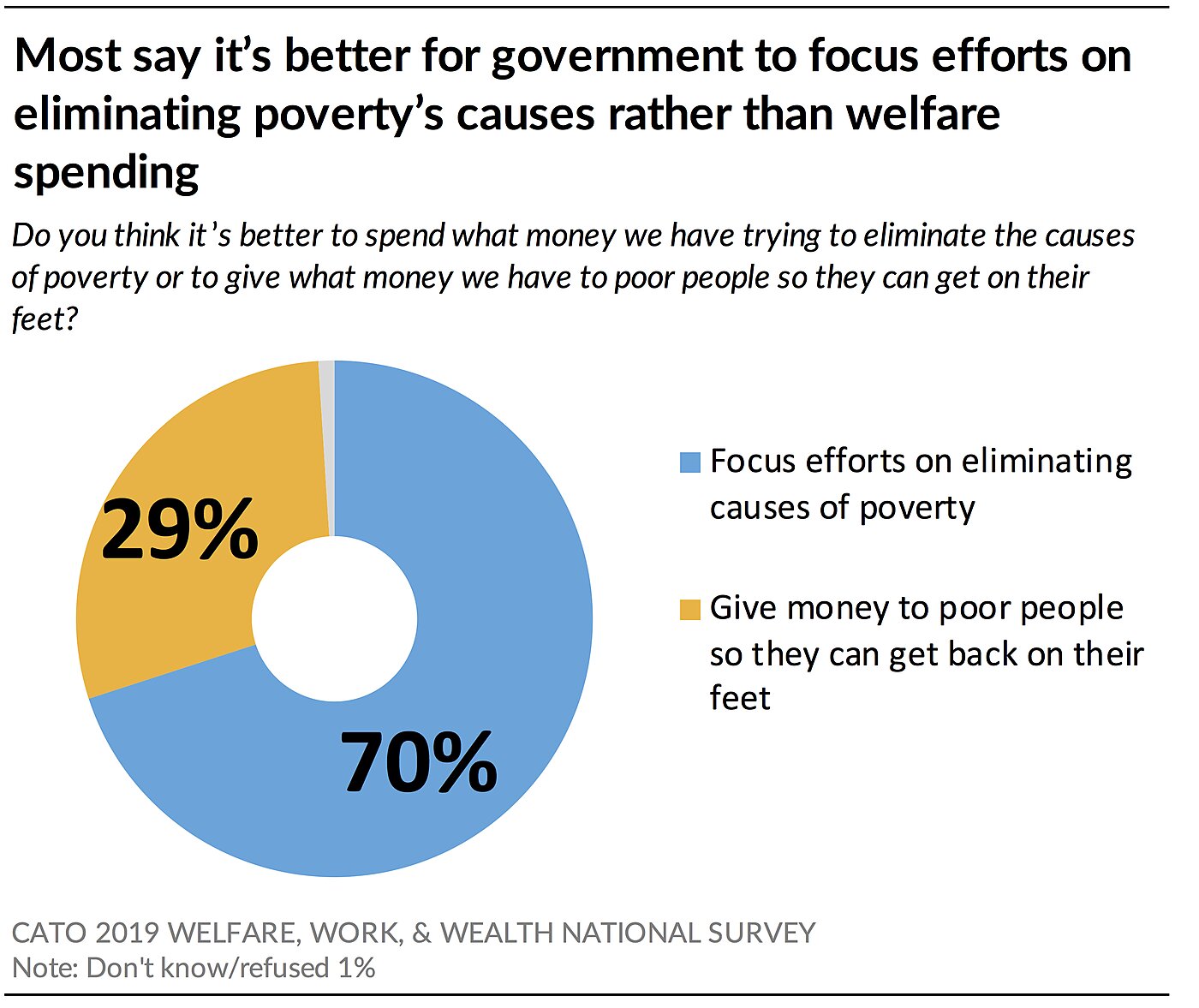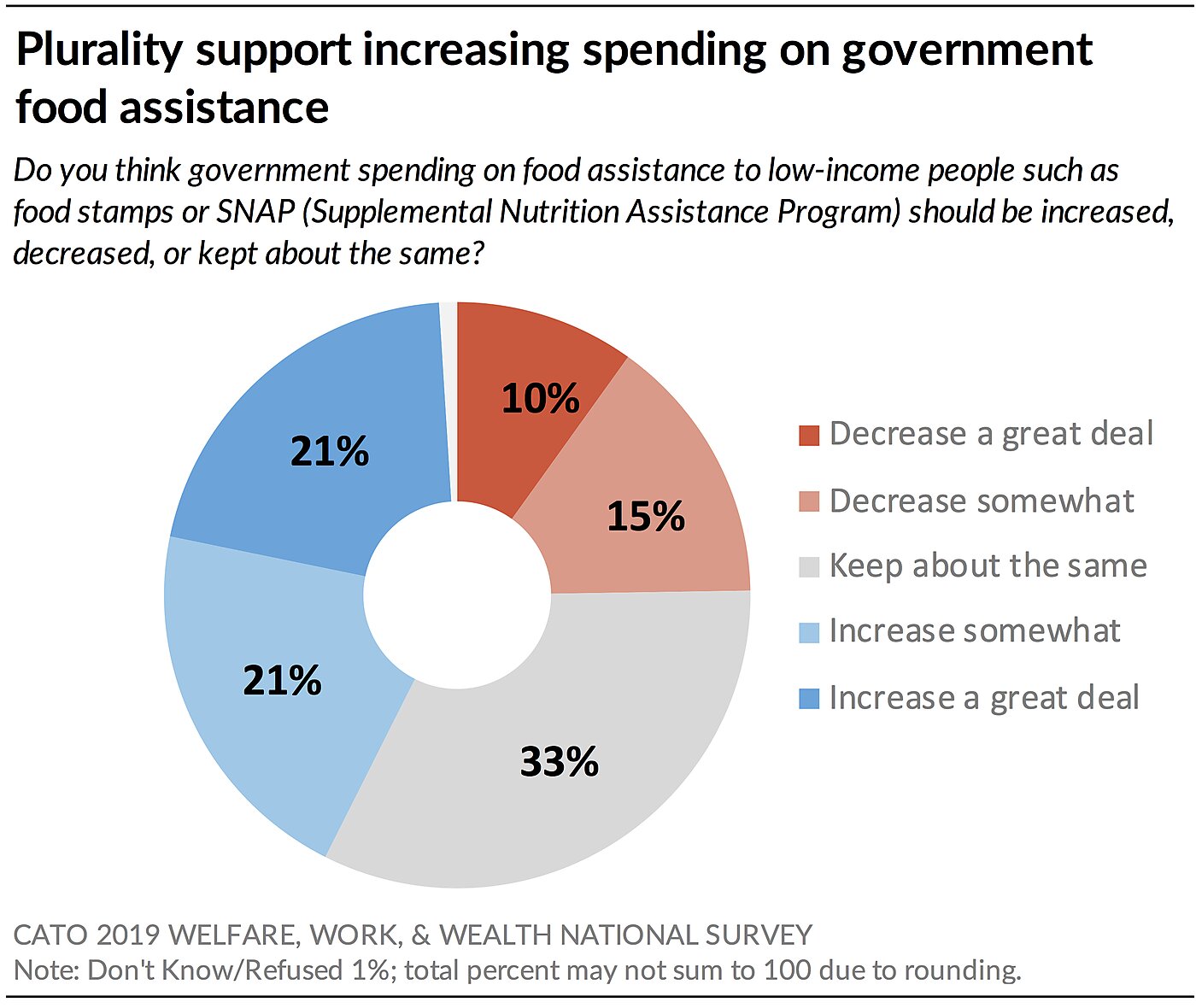Liberty-minded UCLA lawprof Eugene Volokh, a First Amendment specialist, last week thanked a House panel for “inviting me to testify about ‘How the Tax Code Subsidizes Hate.’ The Tax Code indeed subsidizes hate, just as it subsidizes Socialism, Satanism, and a wide variety of dangerous and offensive ideas.”
In particular, he explained, a long line of court opinions has made clear that 1) “tax exemptions can’t be denied based on the viewpoint that a group communicates,” 2) “excluding speech that manifests or promotes ‘hate’ is forbidden viewpoint discrimination”, 3) the law “may treat groups differently based on their actions, but not based on the views they express” (emphasis added) and that 4) while groups may be denied tax exemptions “for deliberately engaging in speech that falls within one of the few narrow exceptions to the First Amendment, such as true threats of criminal attack, or incitement intended to and likely to cause imminent criminal conduct,… ‘hate speech’ writ large doesn’t fall within any such exceptions.” In addition, the D.C. Circuit has found that a former IRS attempt to hinge exemption on a group’s presentation of “a sufficiently full and fair exposition of the pertinent facts as to permit an individual or the public to form an independent opinion or conclusion” was unacceptably vague in scope and application.
Moreover, if the IRS were to begin revoking groups’ tax exemptions based on their exercise of speech that is not protected, such as libel or incitement of immediate criminal conduct, it would be obliged to apply such a policy neutrally as to content — and if so, groups quite different from the one targeted in the first such enforcement would find their ox gored. The legal precedents have developed in cases involving a wide range of both progressive and conservative litigants, and understandably so, because if principles in this area are to count as principles they must protect speakers of many different points of view, not just the popular or emollient.
From the panel’s title and composition and its opening statements, one may infer that some House members would like to tee up an effort to strip tax exemptions from groups whose views they deem hateful, with the content of that label inevitably depending on guidelines and definitions approved by players in Washington (unless they try to blame the IRS’s Cincinnati office again). You can read Prof. Volokh’s full post here [adapted from Overlawyered].
